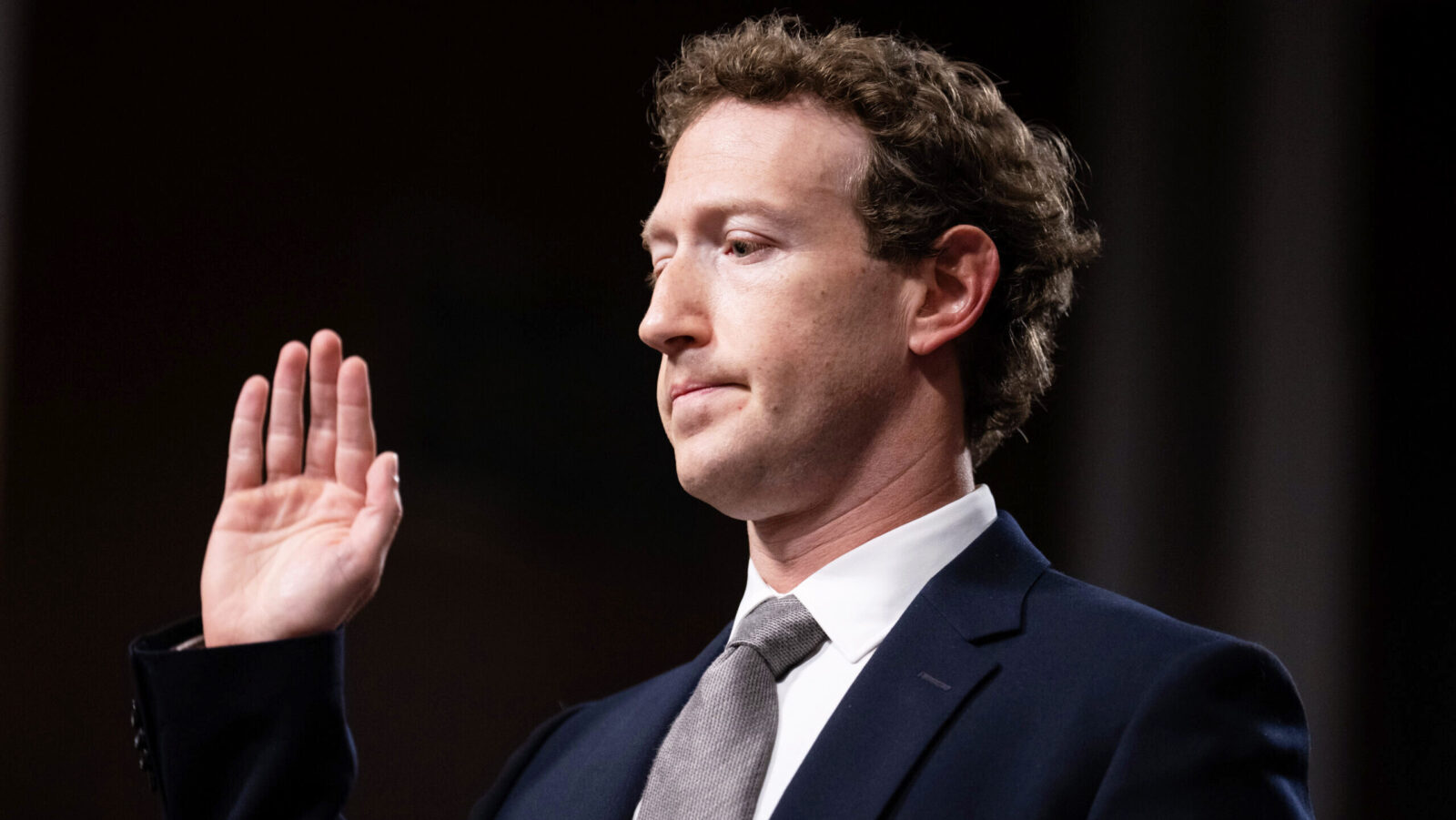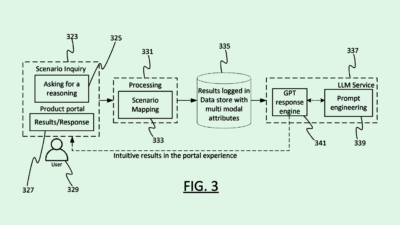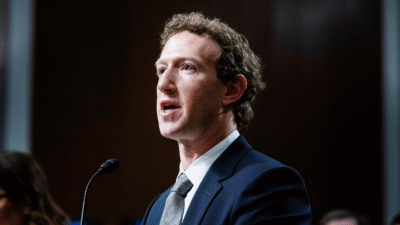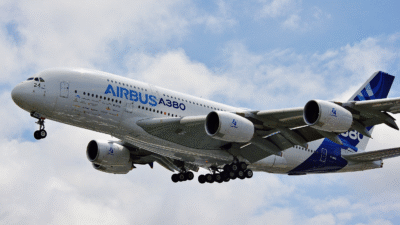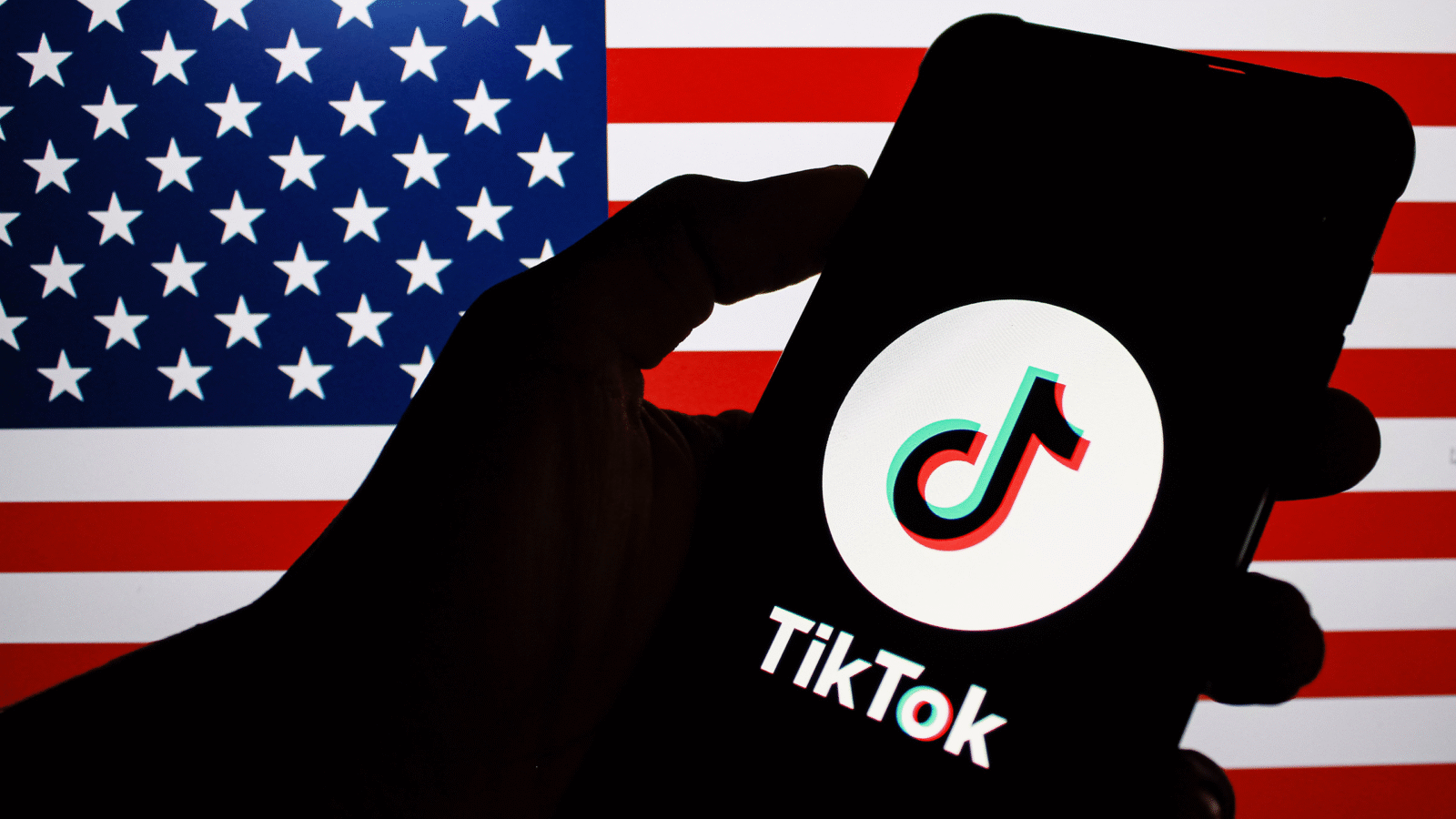
Sign up for smart news, insights, and analysis on the biggest financial stories of the day.
Things just went from news you can use to news you can lose.
Meta confirmed Thursday that it will stop paying US publishers to run their content on Facebook’s News tab, following an Axios report.
The Moody News
Meta launched Facebook News in 2019, when the parent company still shared its name with its flagship social platform and before it had posted its first-ever drop in users, which happened in February. Back then, publishing companies were (and many still are) not happy about Facebook and Google’s digital ad duopoly, which for years has accounted for over 60% of the US market. News feed partnerships were struck as a way of compensating media organizations for their content being featured on the social network.
But priorities have changed, and quickly. The Wall Street Journal reported this month on an internal company memo that said Facebook is shifting its focus away from news and towards the so-called creator economy — that would be the world of highly shareable and viral content that dominates on TikTok and, increasingly Meta’s own Instagram and Reels. On Thursday, Meta reported a drop in quarterly revenue for the first time ever, slipping almost 1% to $28.8 billion in three months ending in June, which explains the eagerness to revamp. And then there’s the bad news for the news:
- Facebook’s decision impacts $100 million worth of deals with news publishers, sources told Axios and the WSJ.
- Among Meta’s partnerships, the company spent $10 million on one with WSJ, $3 million on one with CNN, and $20 million on one with the New York Times, according to Axios, which confirmed that deals with 50 publishers will not be renewed.
“A lot has changed since we signed deals three years ago to test bringing additional news links to Facebook News in the US. Most people do not come to Facebook for news, and as a business it doesn’t make sense to over-invest in areas that don’t align with user preferences,” Facebook said in a media statement. US publishers can keep publishing to the news tab for free, of course.
Crikey! Deals in other countries will remain, including in France, Germany, the UK, and Australia, where Meta caved last year after deliberately blocking news content in protest of a new law that forces Google and Facebook pay for news content on their platforms. As much as Mark Zuckerberg loves Sweet Baby Rays, the Aussie heat was just too much to handle.
